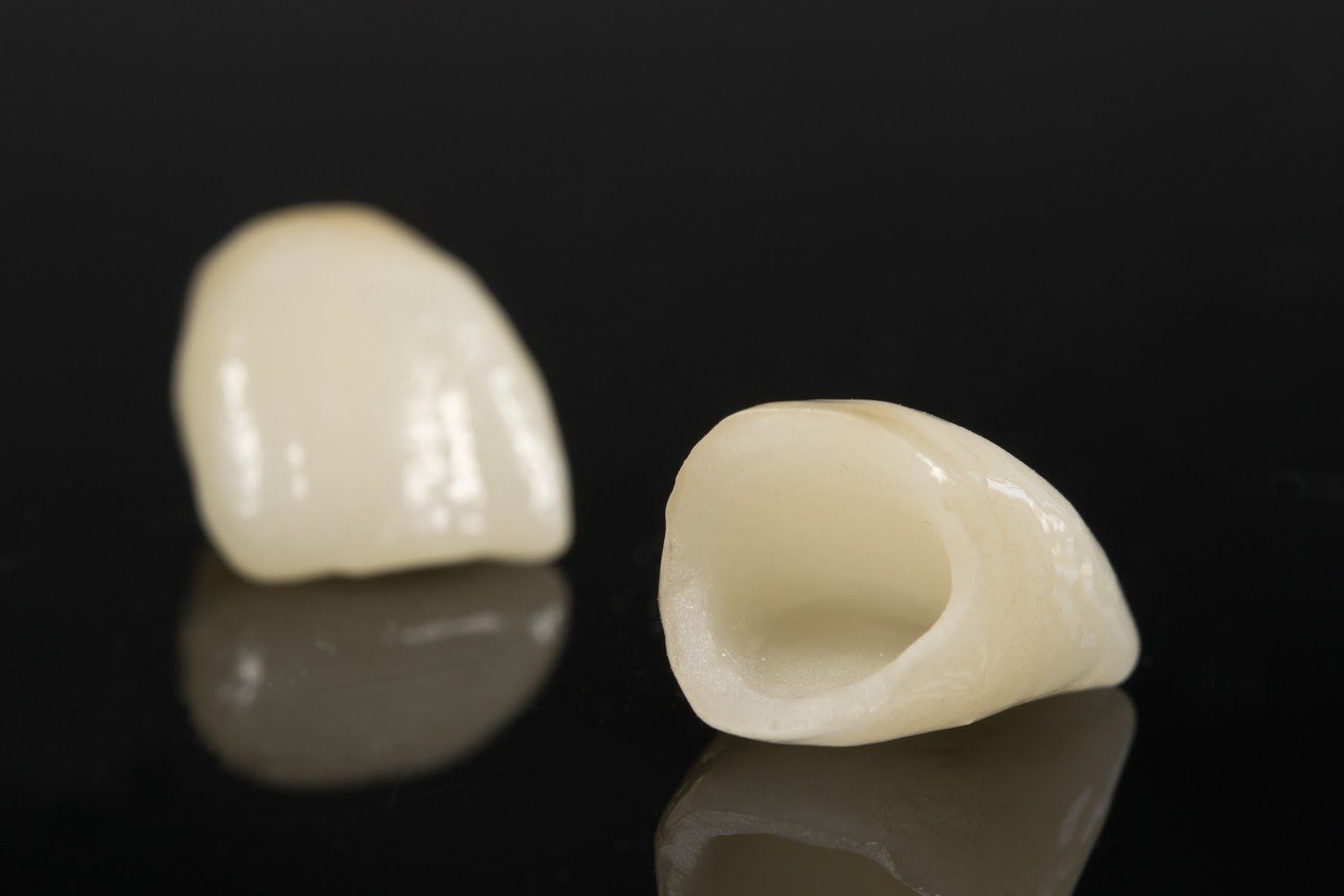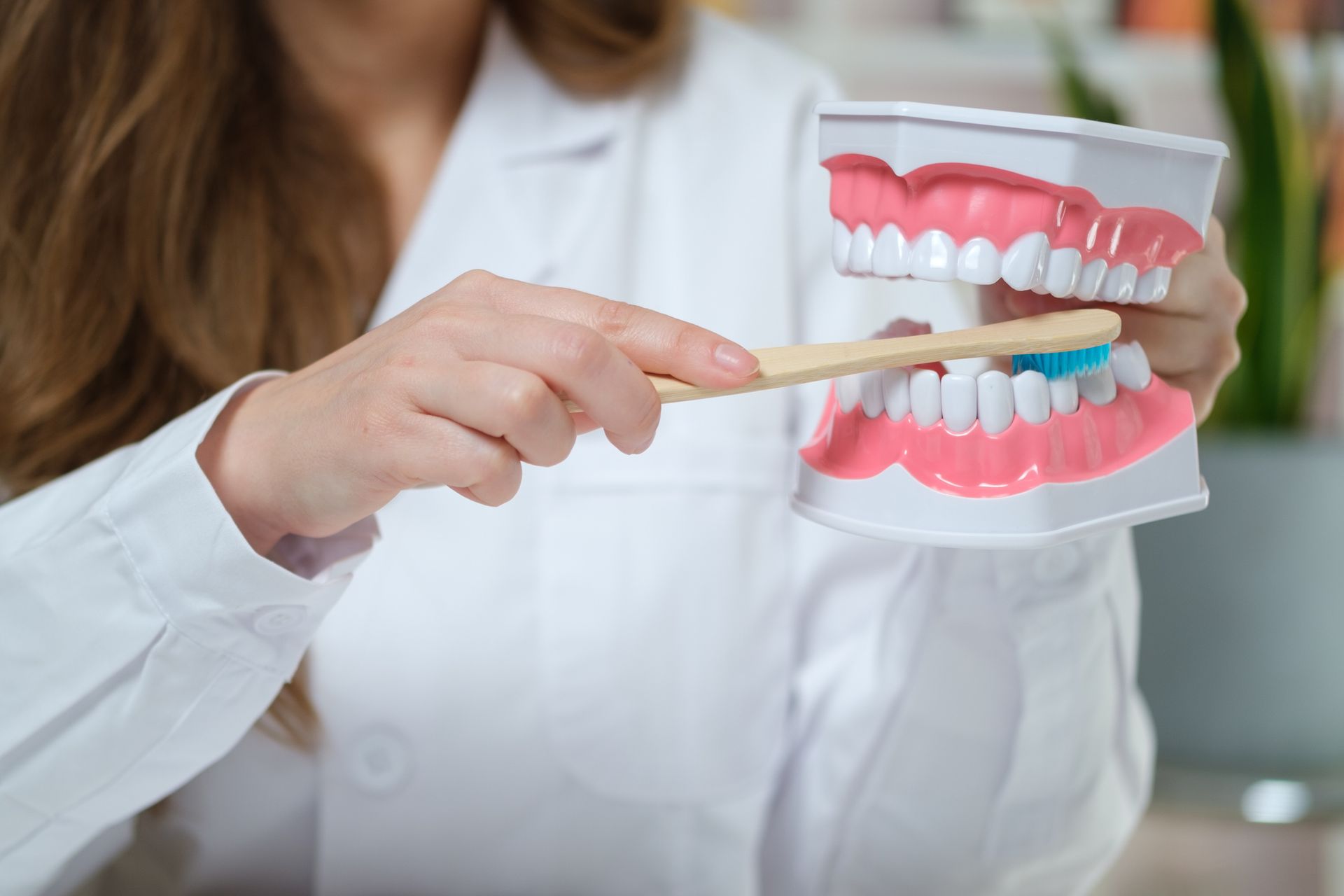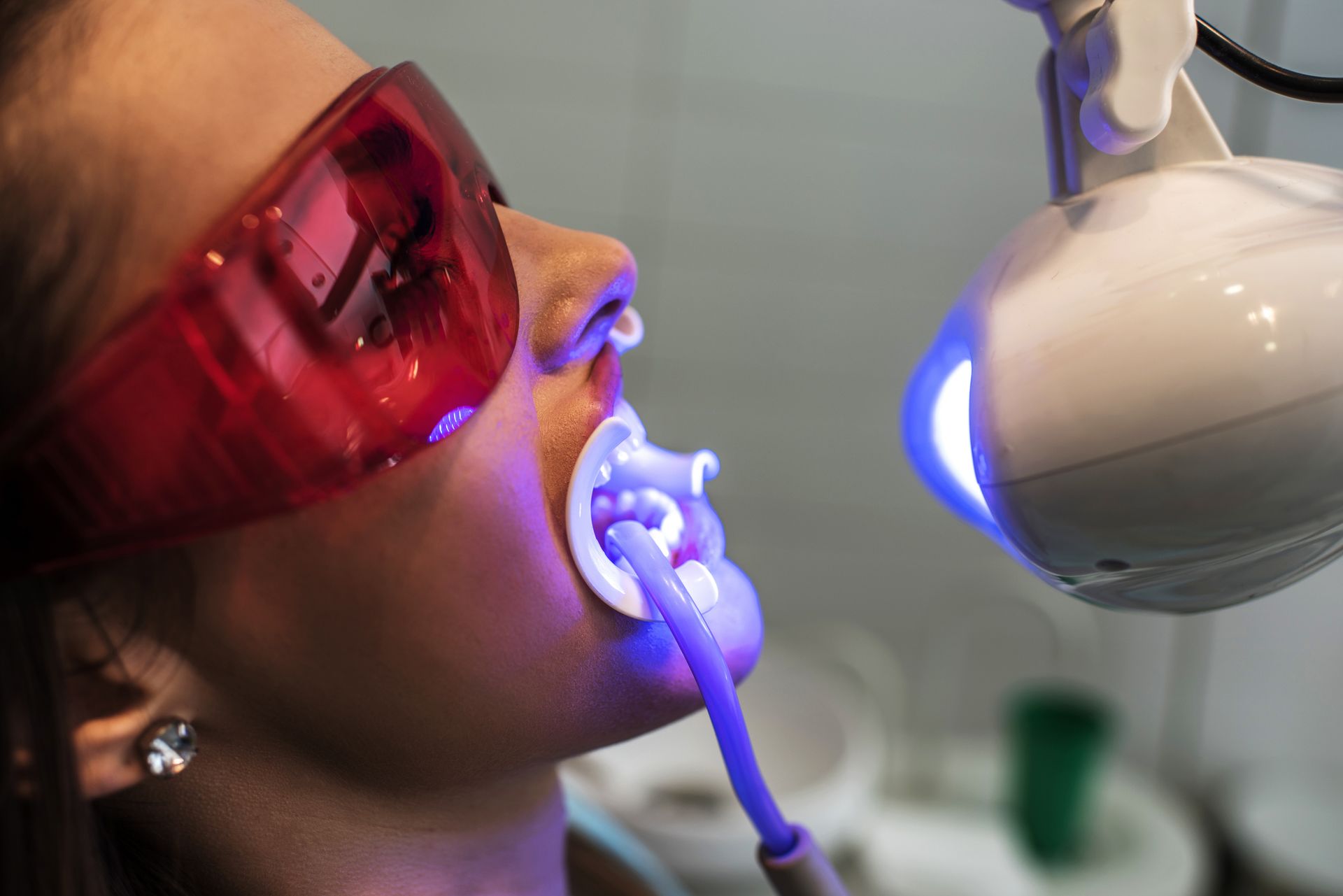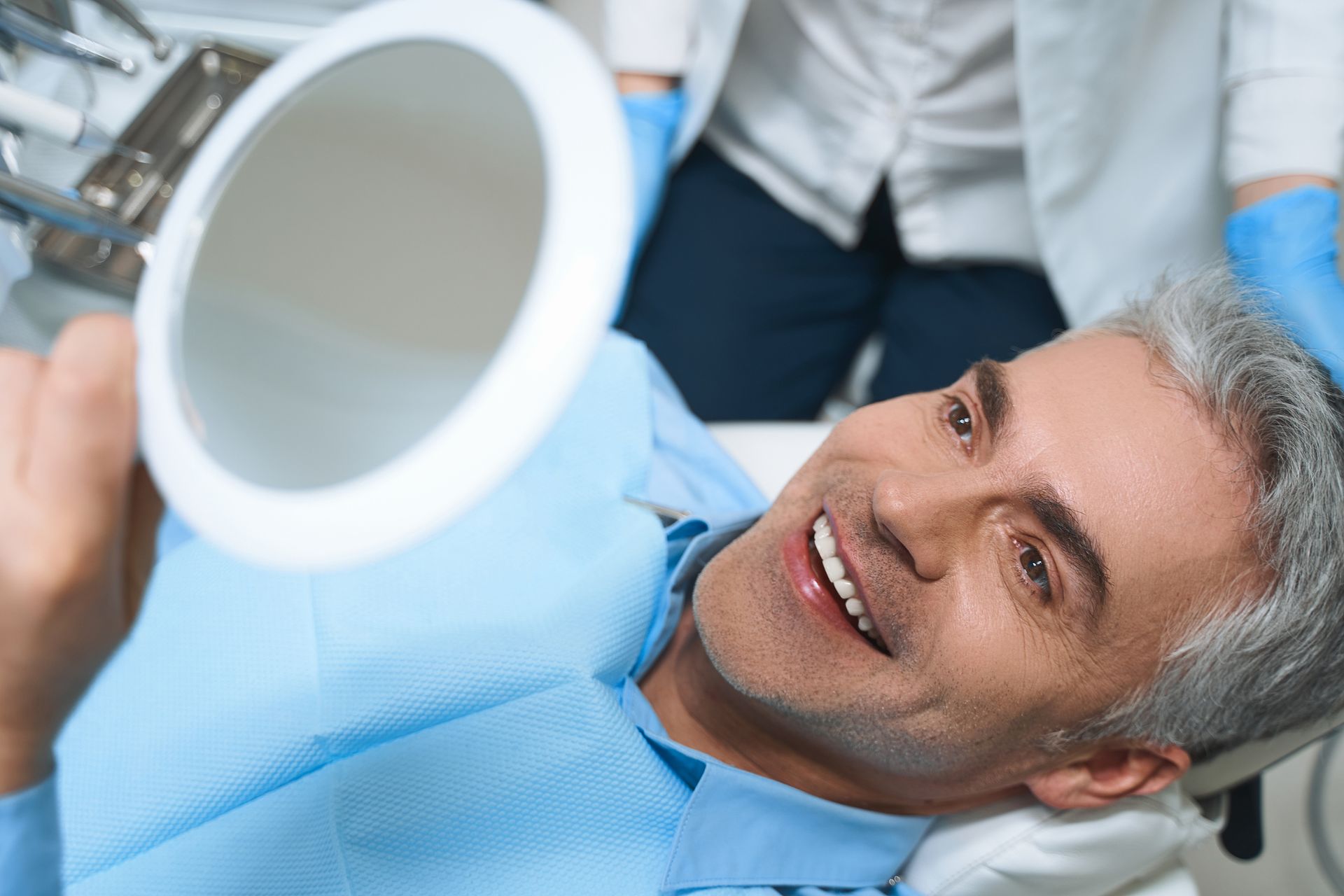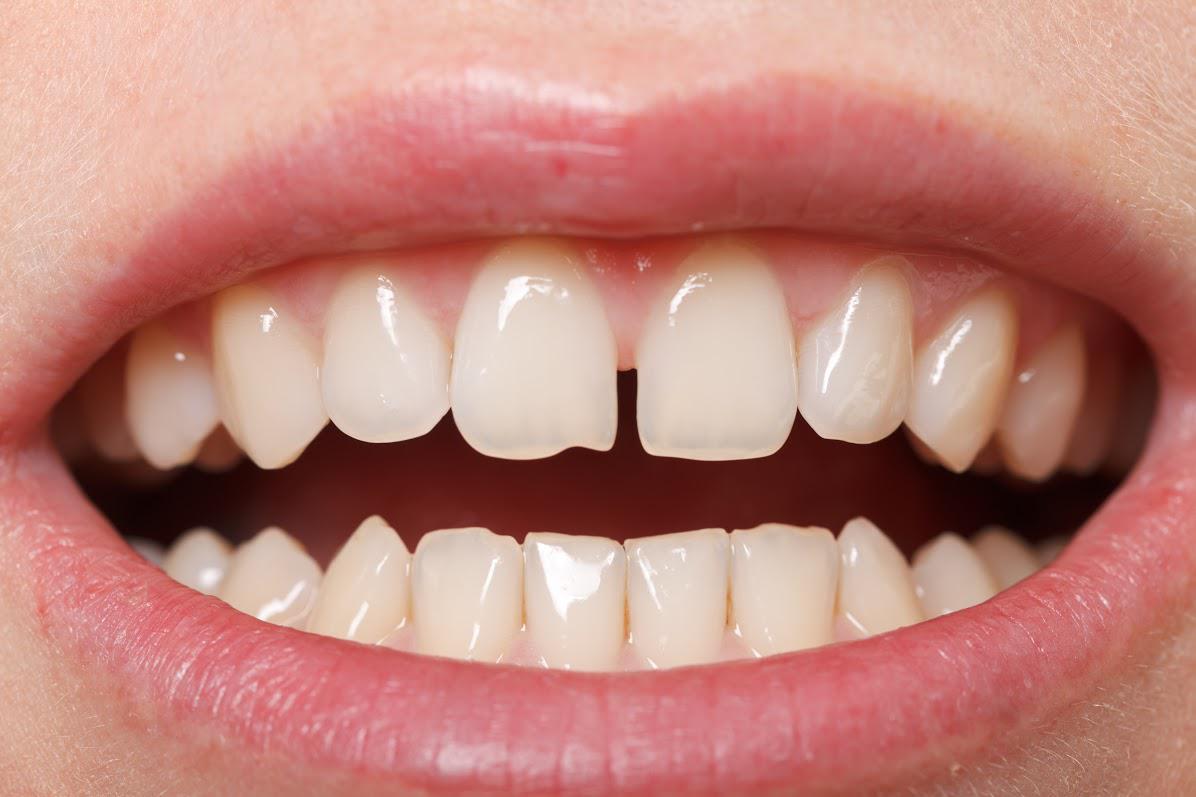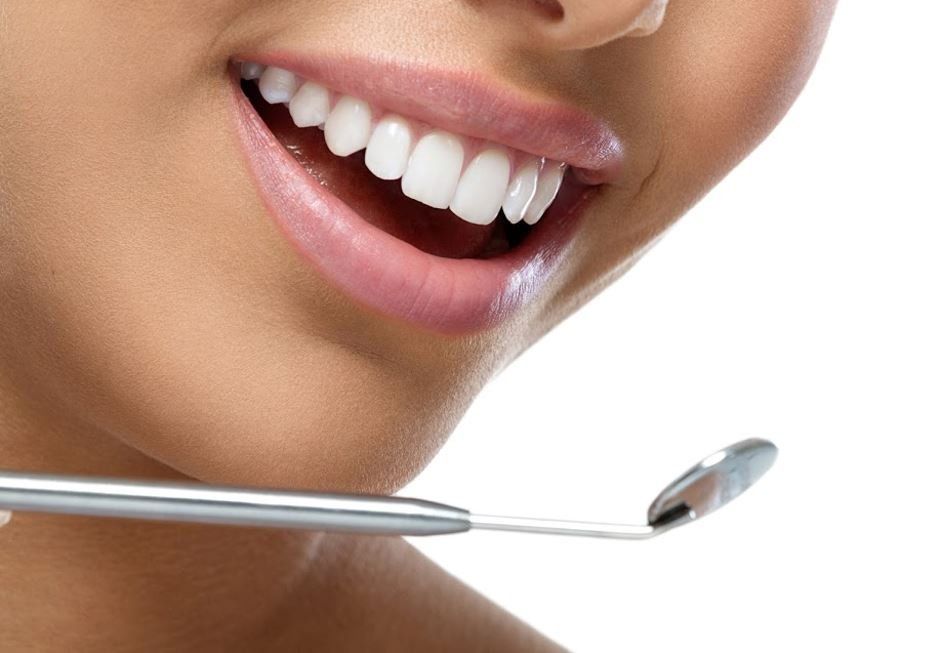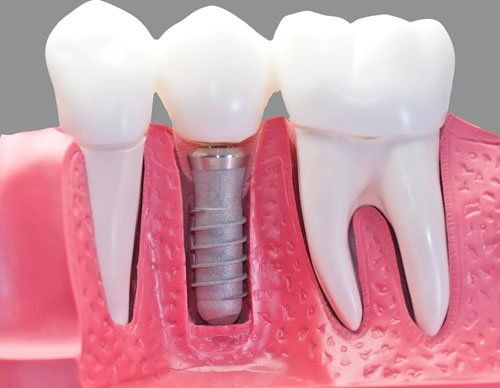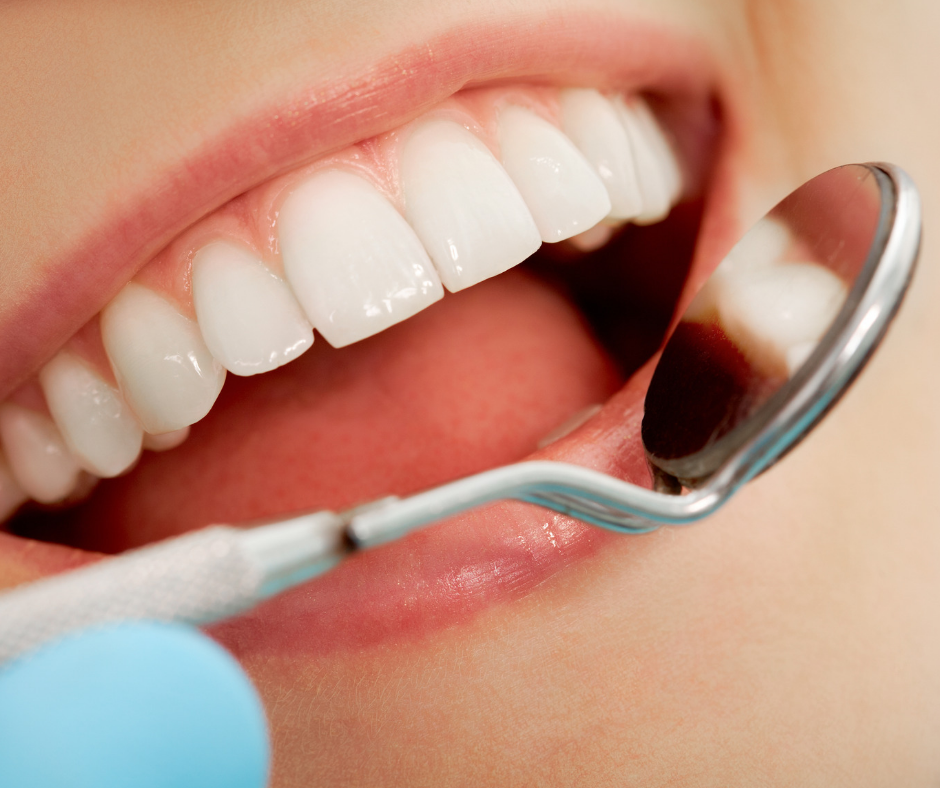5 Steps to Take If You're in an Accident That Damages Your Teeth
If you're in an accident that impacts your face, your teeth may be affected. Loose, chipped, or missing teeth can result from trauma to your mouth. If you've been in such an accident, prompt treatment will help you protect and restore your teeth. Do these five things if your teeth are damaged in an accident.
1. Leave Loose Teeth Alone
If you're lucky, your accident will have merely loosened but not fractured or displaced your tooth. Loose teeth often heal on their own, as the surrounding socket tightens around your tooth once again. In the meantime, avoid worrying the tooth with your tongue or fingers. Leave the loose tooth alone to the best of your ability, which will help speed the healing process.
If your tooth is still loose after a week has passed, call your dentist to make an appointment. They can determine the cause of your loose tooth and treat it using a splint. During the splinting procedure, your dentist will support your tooth by attaching it to adjacent teeth using a temporary adhesive.
2. Place a Lost Tooth Back in Its Socket
If your tooth is knocked out, you will need a way to safely transport it to your dentist's office. Placing your tooth back in its empty socket is the best method. Don't touch the tooth's root to avoid damage. If the tooth was on the floor, rinse it with clean water or saline before putting it in your mouth. Gently bite down on the tooth to hold it in place, taking care not to use too much pressure, which can hurt.
3. Make an Emergency Appointment With Your Dentist
Your dentist may be able to reattach your tooth if you're able to get to their office in a timely manner. The sooner you can get an appointment with your dentist, the higher your likelihood of retaining your original tooth. Most dentists are willing to schedule emergency appointments outside their normal office hours. Call your dentist's emergency number to see if they can schedule you in.
4. Repair Damaged Teeth
If your tooth is knocked out of your mouth, your dentist will likely need to perform a root canal at some point. Root canal therapy will remove injured blood vessels and tooth roots that can't be fixed. Your dentist will decide if they need to perform a root canal immediately or if waiting is the better option. Your dentist will splint your tooth to help it remain fixed in its socket.
If your tooth only has a chip, your dentist will likely use another method to fix your teeth. If the chip did not affect the underlying root structure of your teeth, a composite filling may fill the chip. For more severe breaks, as in the case of exposed roots, your dentist may recommend a dental crown. The dentist can apply the dental crown with or without root canal therapy, depending on your needs.
5. Consider a Dental Implant
If your dentist is not able to save your tooth after an accident, a tooth extraction may be necessary. During a tooth extraction, your dentist will remove any parts of your tooth that are still present beneath your gumline. Follow all your dentist's instructions following a tooth extraction to ensure proper healing.
Once your mouth has healed, a dental implant can restore function and protect the underlying bone structure of your jaw. Dental implants can also restore your smile's appearance, which may be of particular concern if you lost one of your front teeth.
If you were involved in an accident that damaged one of your teeth, seek treatment immediately. When you act quickly, your dentist will have the greatest chance of saving your tooth. Gregory S Rutherford, DDS, PA, provides implant and dental crown services to restore your smile to perfect health. Don't hesitate to call us in the event of a dental emergency.

